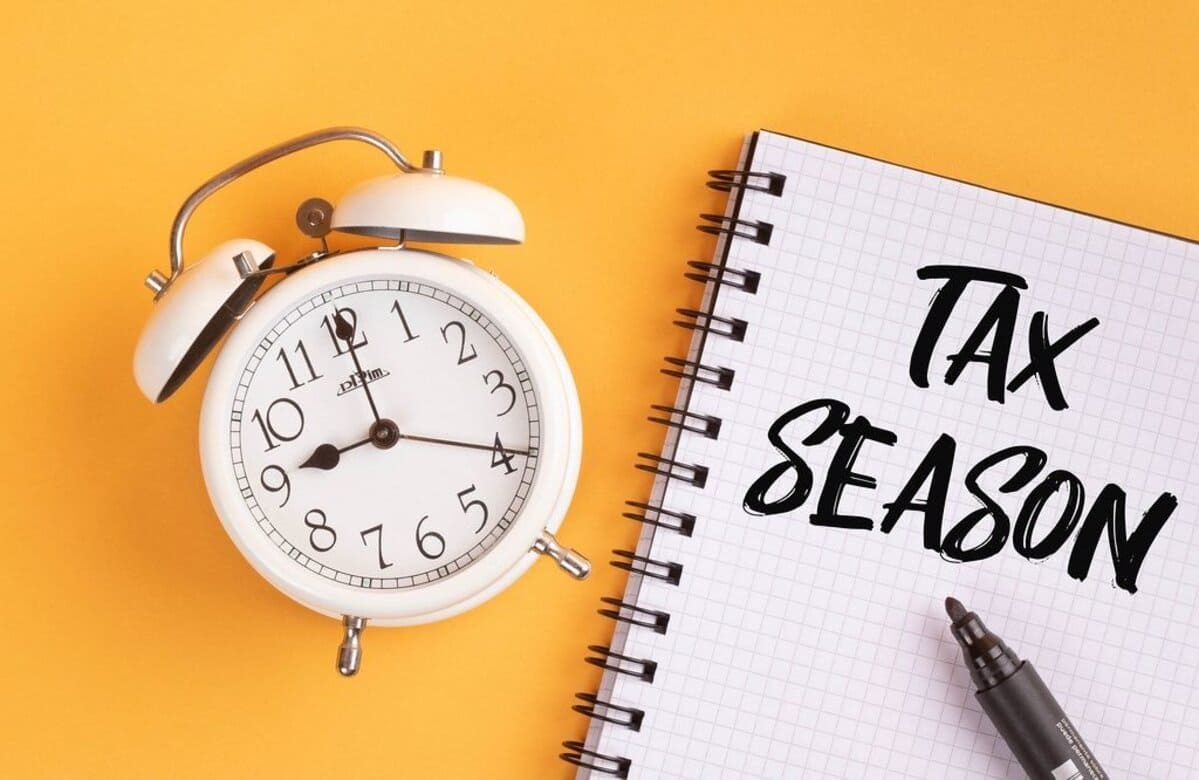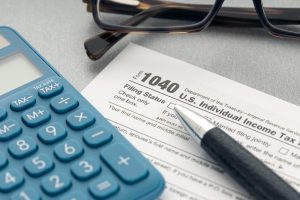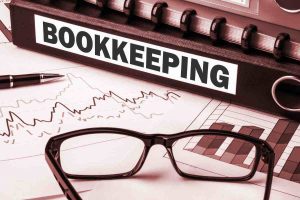Tax season is officially starting on the 29th of January with a deadline of 15th April. It can be a stressful time for many, but with the right preparation, it doesn’t have to be. Without adequate preparation, you may get penalties from the IRS.
Though everyone’s tax situation is different, here are some top tips to help you get ready for the tax season.
Organize Your Documents
First things first; start by gathering all your financial documents. This includes W-2s, 1099s, mortgage interest statements, and receipts for deductible expenses. Having these documents organized will make the process smoother.
Keep Track of Your Income – Tax Season
Ensure you have a record of all your income sources. This includes your salary, dividends, interest, and any other income you might have. Any discrepancies in income records will impact the tax filings directly so be sure to cross-check every income channel.
Document Your Deductions
Keep a record of all your potential deductions. This could include expenses related to healthcare, retirement plans, education, or home office expenses if you work from home.
Understand the Changes For Tax Season
Tax laws change every year. Make sure you’re aware of any changes that could affect your tax return. This could include changes in deductions, tax brackets, or credits.
Stay Updated
Regularly check for updates from the IRS or your local tax authority. They often provide updates and resources to help taxpayers understand changes. You can check the IRS website occasionally to keep yourself updated regarding changes in tax laws.
Use Reliable Sources
It is super important to ensure that the information you use to understand tax changes comes from reliable sources. You will jeopardize your tax season if you are collecting information from outdated or irrelevant resources. The best way forward is to utilize government websites, reputable news outlets, or professional tax advisors.
Use Reliable Tax Software
Consider using a reliable tax software program. These programs can guide you through the process and help you identify potential deductions and credits.
Choose the Right Software
Different tax software programs offer different features against varying price slots. Choose one that suits your needs and is user-friendly. Your tax scenarios will help you understand what type of software is best for you.
Check for Updates – Tax Season
Ensure your tax software is up-to-date. Software updates often include new features and adjustments to reflect changes in tax laws. Always remain proactive in checking the software updates.
Consider Hiring a Professional
If your tax situation is complex, it might be worth hiring a professional. They can ensure your taxes are done correctly and help you maximize your return.
Find a Reputable Professional
Ensure the tax professional you hire is reputable and has the necessary qualifications and experience.
Understand the Costs
Before hiring a professional, understand their fee structure. This will help you avoid any surprises when it comes to payment.
Contribute to Your Retirement Account
If you haven’t already maxed out your contributions to your retirement accounts, doing so can reduce your taxable income.
Understand the Limits – Tax Season
Each retirement account has a contribution limit. Ensure you understand these limits to avoid any penalties.
Consider the Benefits
Contributing to your retirement account not only reduces your taxable income but also helps secure your financial future.
Plan for Tax Payments
If you expect to owe money, start planning for this expense. Setting aside money now can help prevent a financial burden when taxes are due.
Set a Budget – Tax Season
Create a budget to help you set aside money for your tax payment. This will help you manage your finances better.
Consider Payment Options
If you can’t pay your tax bill in full, consider the payment options available to you. This could include payment plans or an offer in compromise.
File Early – Tax Season
Filing your taxes early can help prevent tax identity theft and it gives you more time to address any issues that may arise.
Avoid Last-Minute Stress
Filing early helps you avoid the stress of last-minute filing and gives you ample time to review your return.
Address Issues Promptly
If there are any issues with your return, filing early gives you more time to address them.
Conclusion – Tax Season Tips
Preparing for tax season doesn’t have to be stressful. By staying organized, understanding the changes, and seeking help when needed, you can navigate tax season with ease. Remember, the key to a successful tax season is preparation. So, start preparing early by leveraging your tax operations to Nuage Digital!





